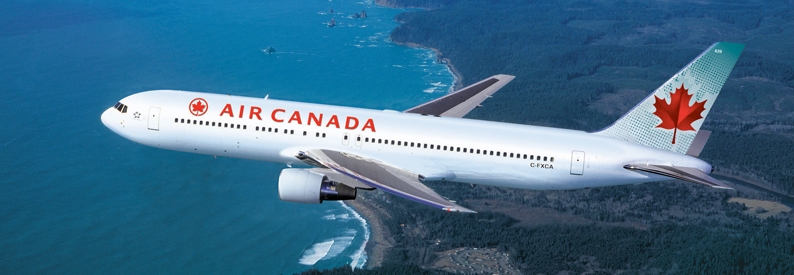Air Canada Drops Four U.S. Routes Amid Declining Demand

Air Canada is adjusting its 2025-26 winter schedule by dropping four transborder routes as political and economic factors continue to dampen demand for travel between Canada and the United States. The changes include route suspensions from three major Canadian airports and reflect a broader strategy to shift capacity to more resilient markets.
Starting September 30, Air Canada will cease flights between Montreal Trudeau International Airport (YUL) and Detroit. On October 19, service from YUL to Minneapolis, from Toronto Pearson International Airport (YYZ) to Indianapolis, and from Vancouver International Airport (YVR) to Tampa, Florida, will also be discontinued. A spokesperson for the airline cited commercial reasons for the decision, noting initial expectations for year-round demand on the YVR-Tampa route had not materialized.
The route cuts follow comments made during Air Canada’s first-quarter earnings call, where executives expressed concerns about softening demand for transborder travel. CEO Michael Rousseau attributed part of the drop to trade tensions and proposed tariff increases from U.S. President Donald Trump, which have impacted Canadian consumer sentiment. Rousseau said travelers were also deterred by a weak Canadian dollar, making trips to the U.S. more expensive.
Chief Commercial Officer Mark Galardo elaborated on the airline’s strategic realignment, highlighting stronger demand on international long-haul routes and a shift in preference from U.S. leisure destinations to sun destinations in Mexico and the Caribbean. Galardo noted that aircraft capacity freed up by the route cuts would be redirected to higher-performing markets, such as the new Montreal-Edinburgh service launching this summer.
While Air Canada has trimmed frequencies and downgauged aircraft on several U.S. routes, the airline is not permanently closing the door on these markets. The spokesperson said the carrier plans to reassess conditions in 2026, with potential resumptions for the YUL-Detroit, YUL-Minneapolis, and YYZ-Indianapolis routes as early as May of that year.
The airline revealed that bookings for transborder point-to-point flights have declined by an average of low double digits year-over-year over the next six months. In response, the company is bolstering its domestic and sun route offerings, where demand remains more stable.
Air Canada’s decision follows a similar move by rival WestJet, which also suspended nine U.S. routes earlier this year due to softening demand. The broader trend signals a continued reshuffling of transborder air service as Canadian carriers respond to evolving geopolitical dynamics, currency pressures, and shifting traveler preferences.
Related News : https://airguide.info/?s=Air+Canada
